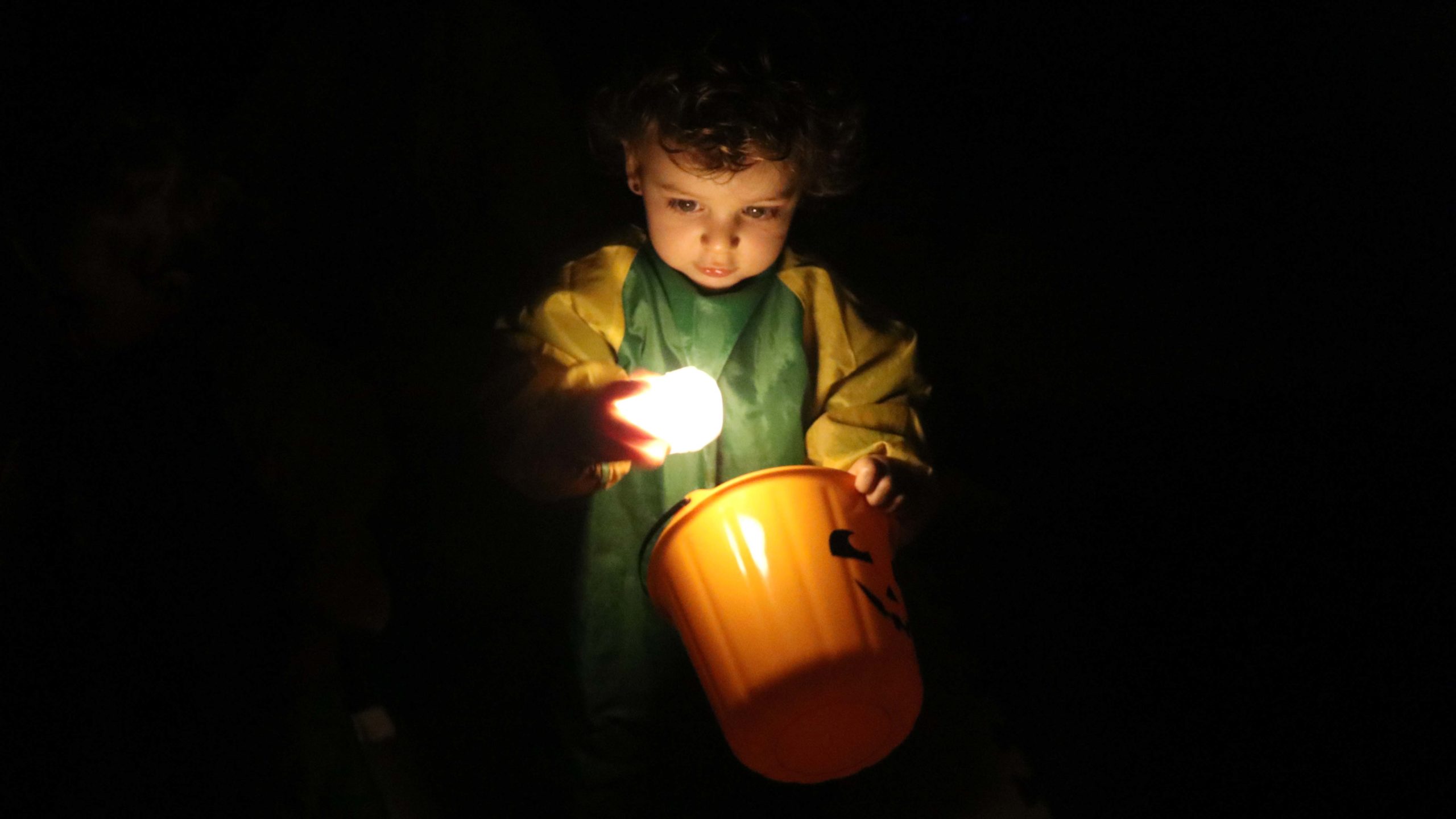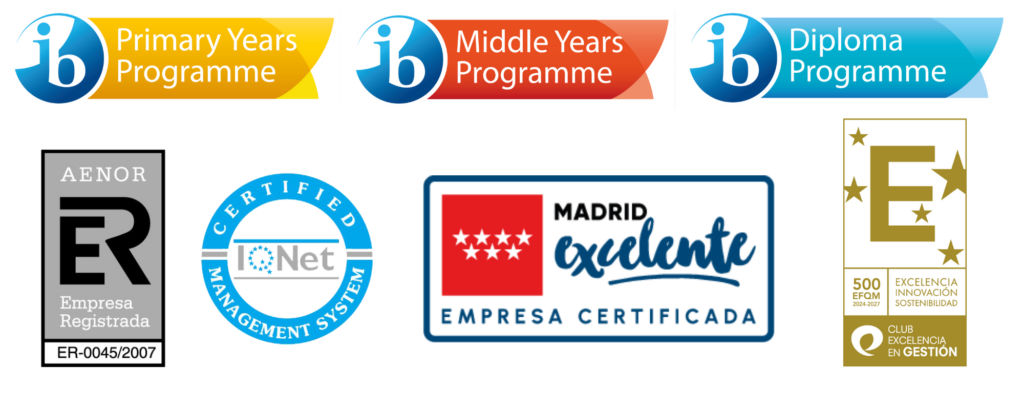Education is the foundation of a bright future, and today, the educational innovation has emerged as a fundamental pillar in the field of Early Childhood Education. In this article, we will explore in depth the Educational Innovation at Early Childhood Education, from its definition to its practical application in the classroom.
EDUCATIONAL INNOVATION: WHAT IT IS?
The educational innovation it is a dynamic concept that encompasses the creative and efficient application of new ideas, methods, techniques, and technologies in the field of education. It is a continuous process of improvement and adaptation that seeks to transform the way teaching and learning takes place in Early Childhood Education.
In the educational context, pedagogical innovation is not only limited to the introduction of technology. It encompasses significant changes in pedagogical approaches, curricula, assessment and educational management.
The essence of educational innovation lies in improving the quality of teaching and maximising student learning, preparing them to meet the challenges of a changing world.
In this way, educational innovation can manifest itself in a variety of ways. From the introduction of interactive teaching methods to the implementation of new assessment strategies. It incorporates creativity, adaptability and the constant search for best practices to achieve a positive impact on the educational process.
In short, educational innovation is a deliberate and strategic change that seeks to optimise the education system from Early Childhood Education. The aim will always be to promote the holistic development of students, preparing them to successfully face the challenges of the 21st century.
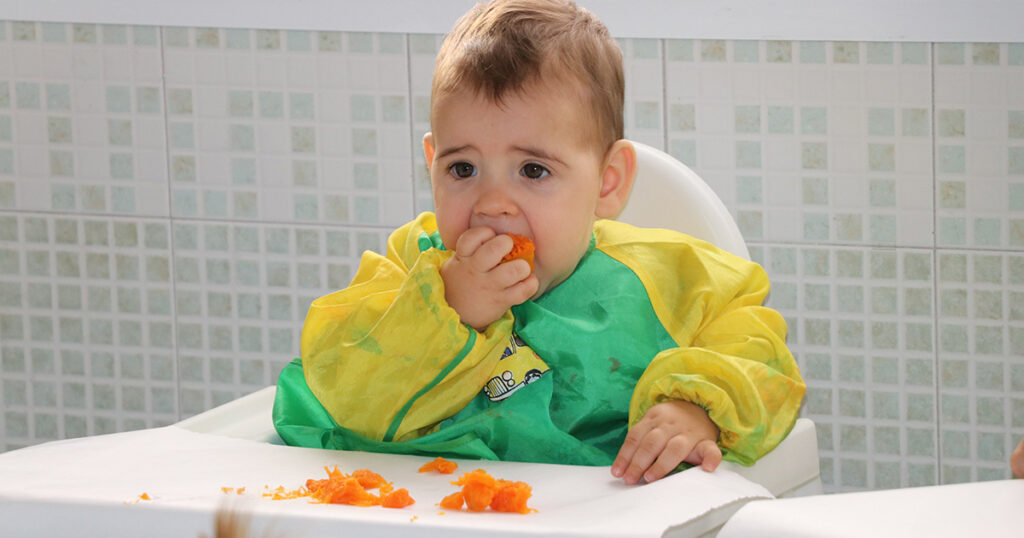
IMPORTANCE OF EARLY CHILDHOOD EDUCATION
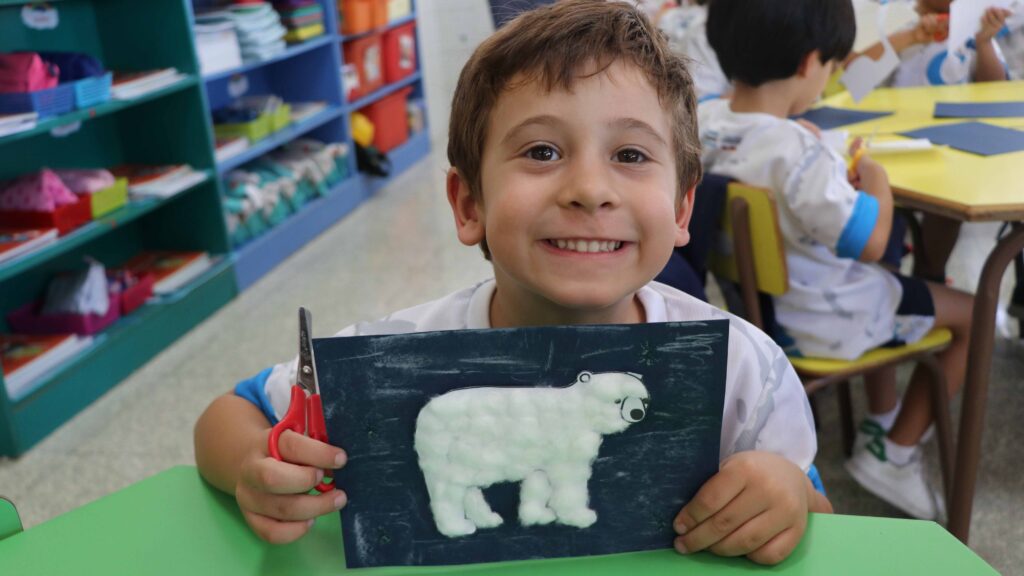
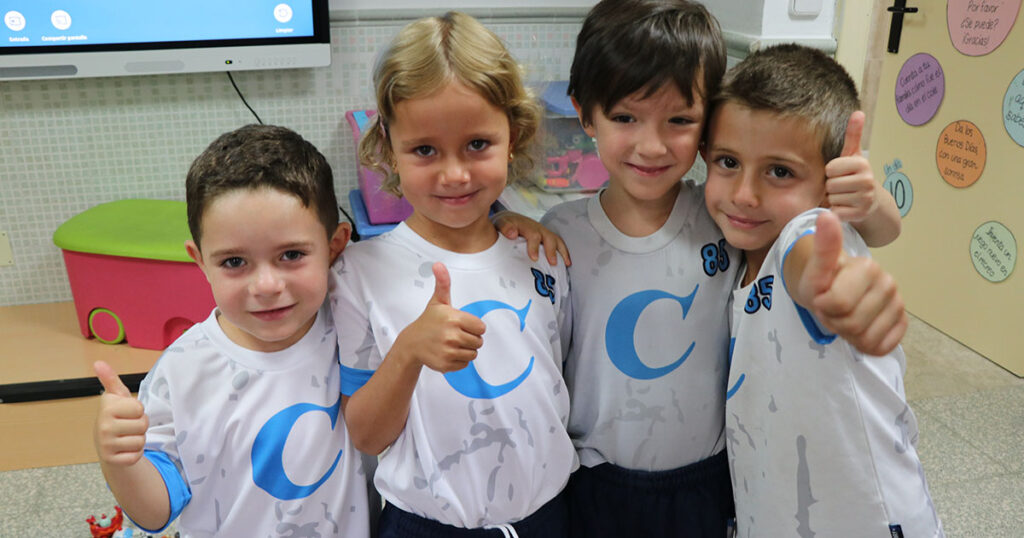

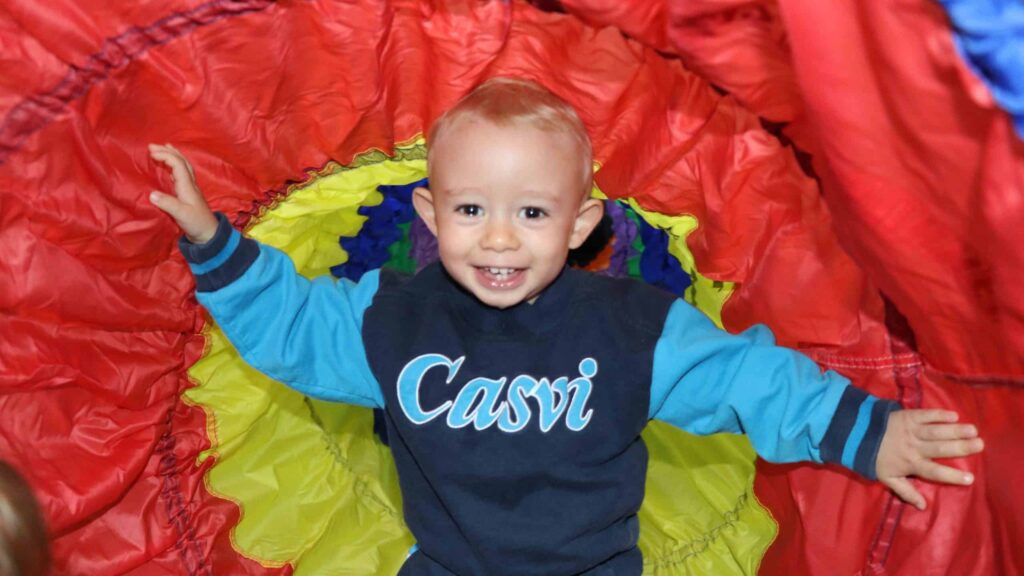
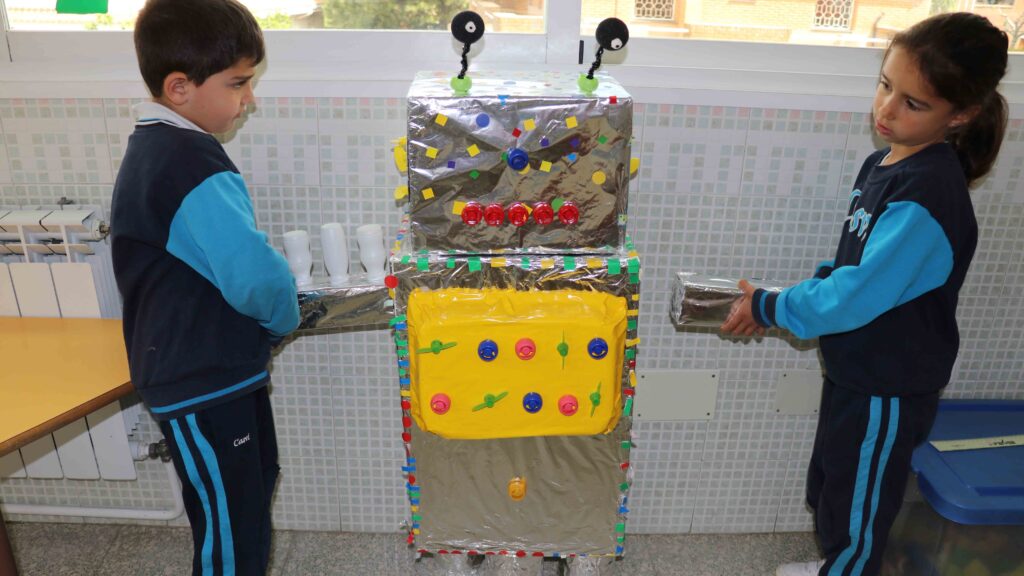
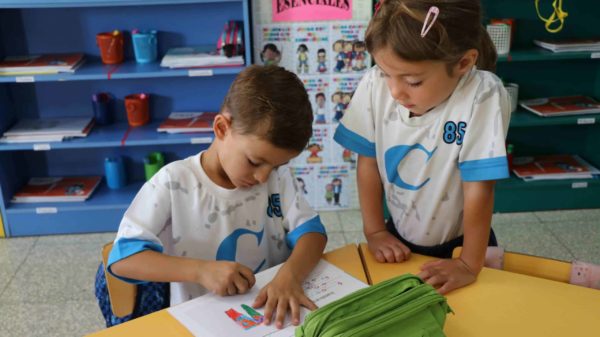
The importance of educational innovation in early childhood education lies in its ability to transform and enrich the educational experience of the youngest children, laying the foundations for a comprehensive and successful development. Some key aspects that highlight the fundamental relevance of innovation in this crucial educational period are explored below:
Stimulating creative thinking
Pedagogical innovation in early childhood education fosters an environment where creativity flourishes. Children have the opportunity to explore, imagine and express their ideas in a variety of ways, cultivating creative skills that will be invaluable in their future lives.
Social skills development
Educational innovation is not only about technology, but also about new pedagogical approaches. Innovative methods that promote social interaction, teamwork and empathy. All of these are crucial social skills for life in society.
Adaptation to different learning styles
Every child is unique, with different learning styles. Pedagogical innovation in early childhood education adapts to this diversity, offering methods and resources that are tailored to individual needs. This maximises the potential of each student.
Preparing for a changing world
We live in an era of rapid progress and transformation. Educational innovation from an early age seeks to prepare children for an uncertain future by equipping them with skills such as problem solving and adaptability.
Encouragement of interest in learning.
In this sense, educational innovation creates engaging and meaningful learning experiences. By introducing novel and exciting methods, children’s innate curiosity is stimulated. In this way, a lasting love of learning is fostered.
Integration of educational technology
Technology has become an integral part of our lives, and pedagogical innovation in early childhood education involves the smart integration of technological tools. This not only makes learning more interactive, but also prepares children for a digital world.
Development of critical thinking
Innovative methods challenge children to think critically and to question, promoting an analytical mindset from an early age. This skill is essential for academic and personal development throughout life.
Continuous improvement of the quality of education
Pedagogical innovation acts as a constant driver of educational improvement. A willingness to experiment and adopt new practices ensures that early childhood education evolves to meet the changing needs of society.
PAIN POINTS IN EDUCATIONAL INNOVATION
The need for change in early childhood education
The rigidity of the current education system for the youngest children is evident. Educational Innovation is presented as the necessary response to adapt to the changing demands of society.
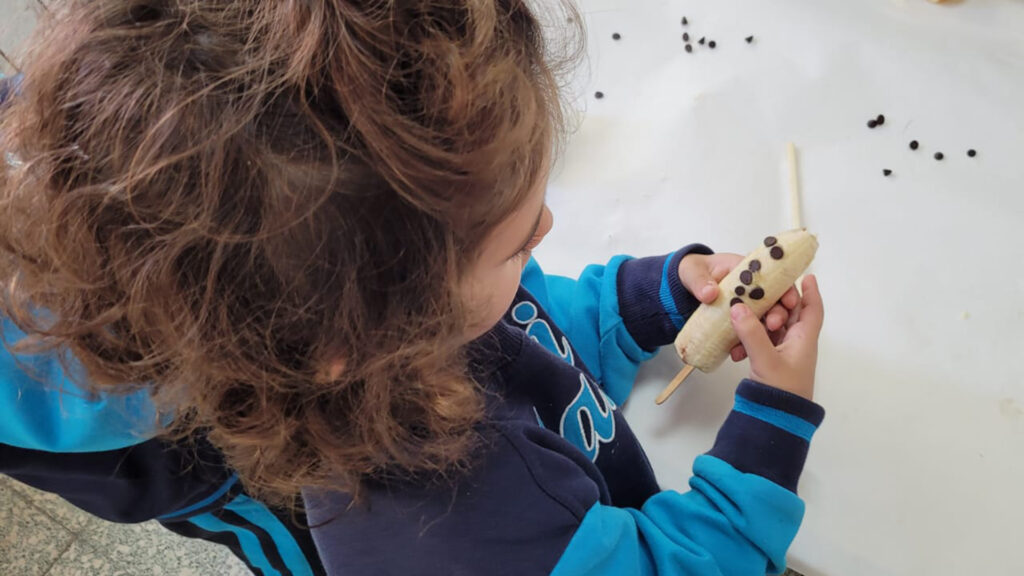
Current challenges in educational innovation
Despite recognising the need to innovate, there are challenges, from institutional resistance to lack of resources. We will address these challenges and propose viable solutions.
Benefits of embracing educational innovation in the classroom
From cognitive development to creativity, we will explore the tangible benefits that Educational Innovation in the classroom can bring to children in their early formative years.
RAISING AWARENESS: THE SERIOUSNESS OF THE PROBLEM
Revealing statistics
Alarming data highlight the gap between the current education system and the evolving needs of children. Statistics reveal an urgent need for change.
According to recent data, the dropout rate in some places has increased by an alarming 20 per cent in the last five years. In addition, a worrying 30% of students do not have regular access to technological devices at home, making it difficult for them to participate effectively in online education.
In addition, 40 per cent of schools lack up-to-date infrastructure such as science laboratories and well-equipped libraries, directly affecting the quality of education.
Expert opinions
Education experts share their perspectives on the current situation and call for a radical transformation in early childhood education.
For example, for Dr. María López, Educational Psychologist, “the current situation of early childhood education calls for a thorough overhaul. The rigidity of the system is not adjusted to the evolving needs of children. Educational Innovation in the classroom is essential to adapt and nurture holistic development from the earliest years”.
On the other hand, Professor Alejandro García, an expert in Educational Technology, stresses that “Technology offers unprecedented opportunities in early childhood education. Integrating digital tools in innovative ways not only makes learning more engaging, but also prepares children for the digital world they will grow up in”.
Finally, Dr. IIsabel Martínez, a specialist in Active Pedagogy, is clear in stating that “active pedagogy is key in early childhood education. We need to move away from traditional methods and adopt approaches that encourage active participation, experimentation and exploration-based learning”.
“Early childhood is a crucial window for development. Educational innovation in the classroom should focus on strategies that promote cognitive, emotional and social development, laying the foundations for a strong future”.
DOCTORA ANA GONZÁLEZ, Researcher in Child Development
Roles of health organisations and governments
Health organisations and government play a crucial role in the design of education policies. They must therefore address the need for pedagogical innovation in early childhood education through collaboration, ongoing research and policy development that promotes effective and adaptive educational approaches. Here are some examples:
Strategic alliances
Health organisations can form partnerships with the education sector to share knowledge and resources. This facilitates the integration of innovative approaches in children’s health and education programmes.
2.-Research and continuous evaluation
Both health organisations and governments can invest in ongoing research to evaluate the effectiveness of current educational methods. This allows areas for improvement to be identified and policies to be adapted to incorporate more innovative approaches.
3.-Development of pilot programmes
Governments can implement pilot programmes in collaboration with health organisations to test innovative educational methods in real-life settings. These pilot projects allow for impact assessment prior to full-scale implementation.
4.-Training of professionals
Training programmes can be developed for educators and health professionals, providing them with the necessary tools to implement innovative methods. This ensures that staff are equipped to address the changing needs of children.
5.-Focus on children's mental health
Health organisations can advocate for policies that include a comprehensive approach to children’s mental health. Innovative strategies can focus on the emotional and social well-being of children from an early age.
6.-Equitable access to resources
Policies that ensure equitable access to innovative educational resources are essential. This helps to avoid disparities and ensures that all children have similar opportunities to benefit from advanced educational approaches.

Offering solutions: The road to transformative education
Practical strategies for effective implementation of educational innovation in the classroom
Effective implementation of innovative strategies is essential for transformative early childhood education. Here are some practical strategies to ensure that pedagogical innovation is not only conceptual, but also translated into tangible actions:
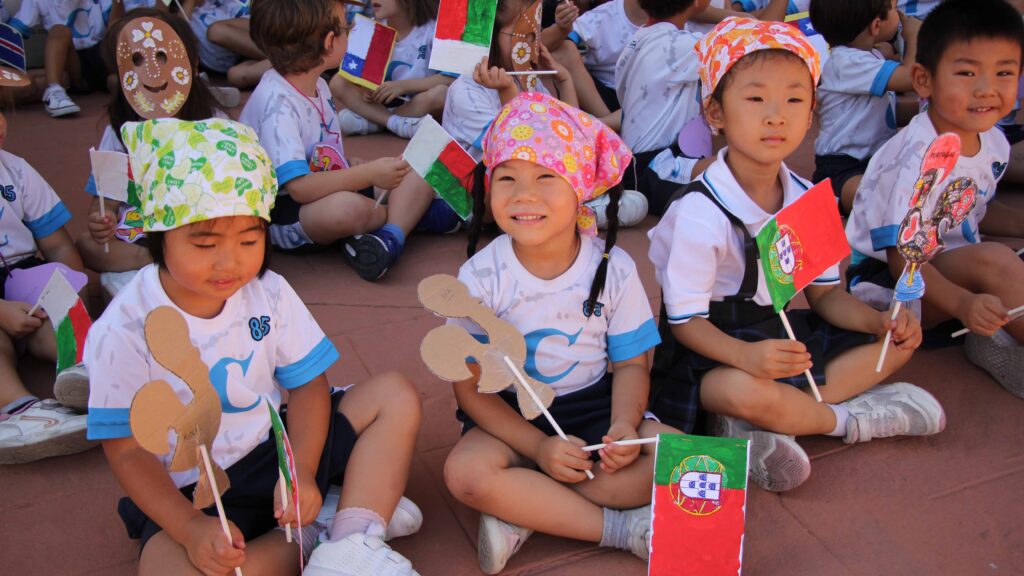
1.-Continuing training for educators
Providing continuous training opportunities ensures that educators are up to date with the latest pedagogical trends. Workshops, seminars and specific courses on educational innovation are essential to empower professionals.
2.- Designing flexible curricula
Developing curricula that are adaptable and flexible allows educators to customise the learning experience to the individual needs of children. This includes the integration of projects, active methodologies and formative assessment.
3.-Promotion of active learning practices
Encourage student participation through hands-on learning methods such as play, problem solving and exploration. These practices stimulate curiosity and critical thinking from an early age.
Transformative Technology Tools
Technology can be a powerful ally in early childhood education if used strategically. It describes transformative technological tools that can revolutionise the learning process:
INTERACTIVE EDUCATIONAL APPLICATIONS
Introducing applications specifically designed for early childhood education can make learning more interactive and engaging. These applications can address skills such as reading, mathematics and cognitive development.
SECURE ONLINE LEARNING PLATFORMS
Create safe and secure online environments where children can access educational resources under the supervision of educators and parents. This facilitates distance learning and virtual collaboration.
Virtual Reality (VR) and Augmented Reality (AR) Tools
VR and AR offer immersive experiences that can take children to unexplored places. Using these technologies, as an educational innovation in the classroom and as a complement to traditional lessons, can open up new dimensions in the learning process.
Parental Involvement: A Powerful Partnership in Educational Innovation
The role of parents is crucial to the success of early childhood educational innovation. Strategies for fostering a powerful partnership between school and parents are presented here:
Guidance Sessions and Educational Workshops
Organising regular orientation sessions and educational workshops for parents provides them with information on educational methodologies and how they can support learning at home.
Open Communication Platforms
Implement communication platforms that allow for constant interaction between parents and educators. This facilitates the exchange of information about the child's progress and strategies to support learning at home.
Participation in Educational Projects
Involving parents in specific educational projects creates a deeper connection between school and home. This participation reinforces learning and strengthens the educational community.
CASVI VILLACIOSA: AN EXAMPLE OF A TANGIBLE SOLUTION AS A SCHOOL THAT PROMOTES EDUCATIONAL INNOVATION IN EARLY CHILDHOOD EDUCATION.
The Spanish educational system is the framework in which the International Private School Eurocolegio Casvi is integrated in an exceptional way, exceeding expectations in educational innovation in the classroom. Eurocolegio Casvi stands out by aligning its methodologies with Spanish educational guidelines while introducing innovative practices such as the International Baccalaureate methodology that embraces diversity and encourages critical thinking from the earliest years.
1.-INTERNATIONAL BACCALAUREATE METHODOLOGY
At Casvi Villaviciosa, the implementation of the International Baccalaureate (IB) methodology is a fundamental pillar that enriches the educational experience and prepares students for a globalised world. The institution adopts the three IB programmes, each designed to address the different educational stages and needs of students.
Primary Years Programme (PYP)
The IB Primary Years Programme (PYP) focuses on the holistic development of students between the ages of 3 and 12. In Casvi Villaviciosa, this programme is implemented with a pedagogical approach focused on: - Enquiry: Students are guided towards learning through enquiry, encouraging curiosity and self-discovery. - Skills Development: Priority is given to the development of essential skills such as critical thinking, effective communication and problem solving. - Global Focus: The international perspective is integrated into the curriculum to promote intercultural understanding and global awareness from an early age.
Middle Years Programme (MYP)
The Middle Years Programme (MYP) of the International Baccalaureate is designed for students aged 11 to 16, holistically addressing their academic, social and emotional development. Casvi Villaviciosa implements the MYP with: - Interdisciplinary approach: The connection between different areas of knowledge is promoted, allowing students to explore topics in a holistic way. - Development of Critical Thinking: The MYP at Casvi Villaviciosa seeks to cultivate critical thinking and reflective skills in students, preparing them for academic and personal challenges. - Personal Project: The programme includes a Personal Project that allows students to research and address topics of their choice, encouraging autonomy and self-reflection.
Diploma Programme (DP)
The International Baccalaureate Diploma Programme (DP), aimed at students aged 16-19, is implemented at Casvi Villaviciosa as the culmination of its educational approach. This programme is characterised by: - Integral Education: The DP offers an integral education that goes beyond the acquisition of knowledge, promoting the
2.- MULTILINGUALISM
Educational innovation in the classroom is also found at Casvi Villaviciosa when it comes to emphasising the learning of several languages. This gives students a competitive advantage in a globalised world. Therefore, English is taught from its first year of life; German and Chinese from the age of ten; and Spanish for its international pupils.
3.- ADAPTATION TO INDIVIDUAL NEEDS
Educational innovation in the classroom can also be found at Casvi Villaviciosa when it comes to emphasising the learning of several languages. This gives students a competitive edge in a globalised world. Therefore, English is taught from its first year of life; German and Chinese from the age of ten; and Spanish for its international pupils.
4.- OPPORTUNITIES FOR STUDENTS
Eurocolegio Casvi International Private School offers an enriched educational environment, providing students with unique opportunities to grow both culturally and academically. In this sense, educational innovation in Casvi Villaviciosa is translated in the following way:
Language Exchange Programmes
With its Language Exchange programme with different countries such as the USA, Canada or Germany, Casvi Villaviciosa offers students the opportunity to immerse themselves in different cultures. In this way, they foster global understanding and appreciation of diversity.
Arts and sports approaches
Beyond academics, Eurocolegio Casvi International Private School offers a wide range of artistic and sporting activities from Infant Education onwards. This allows pupils to explore and develop their talents in non-academic areas.
International collaborations
By establishing connections with international educational institutions, Eurocolegio Casvi offers opportunities for collaboration that broaden students’ horizons and prepare them for a globalised future from an early age.
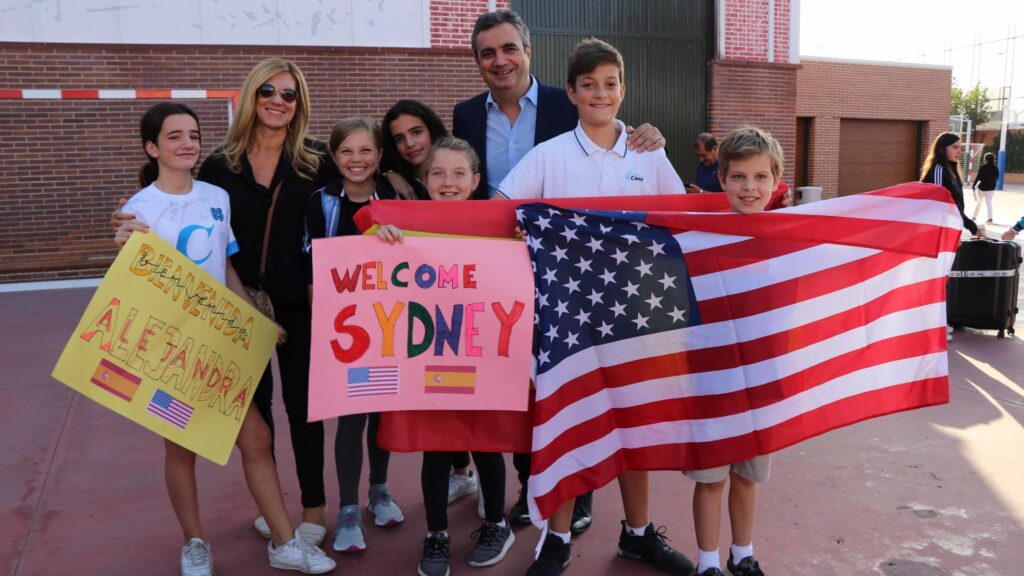
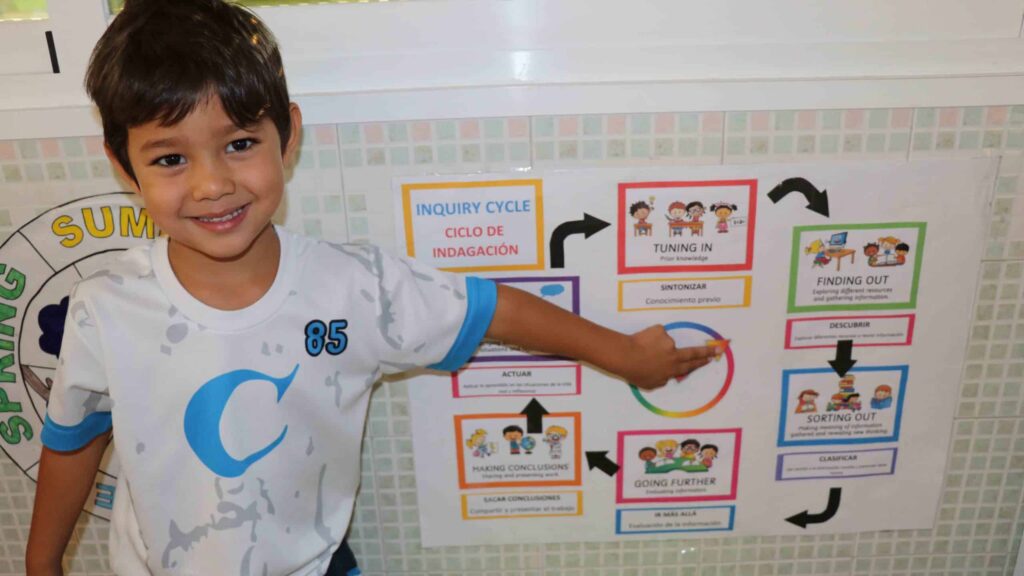
5.- UNIQUE BENEFITS OF CASVI
Eurocolegio Casvi stands out for offering specific benefits that consolidate its position as a leader in educational innovation and academic excellence from early childhood education.
Advanced educational technology
Casvi Villaviciosa integrates cutting-edge technology into its classrooms, providing students with modern tools that enhance the learning experience and prepare them, from Early Childhood Education onwards, for the technological challenges of the future.
Qualified teaching staff
The institution has a highly qualified teaching staff committed to excellence. They are the ones who ensure that students receive a quality education, an innovative education in the classroom, supported by passionate professionals.
Emphasis on values and citizenship
Casvi Villaviciosa not only focuses on academic development, but also on the integral formation of students, promoting ethical values and responsible citizenship.
FIND OUT MORE AND BE PART OF THE CHANGE!
We invite you to explore more about educational innovation in the classroom at Casvi Villaviciosa. By clicking, you can discover how this international public school is leading the change in early childhood education, providing an exceptional educational environment that prepares students for a bright future. ¡Click to be part of this educational transformation!

